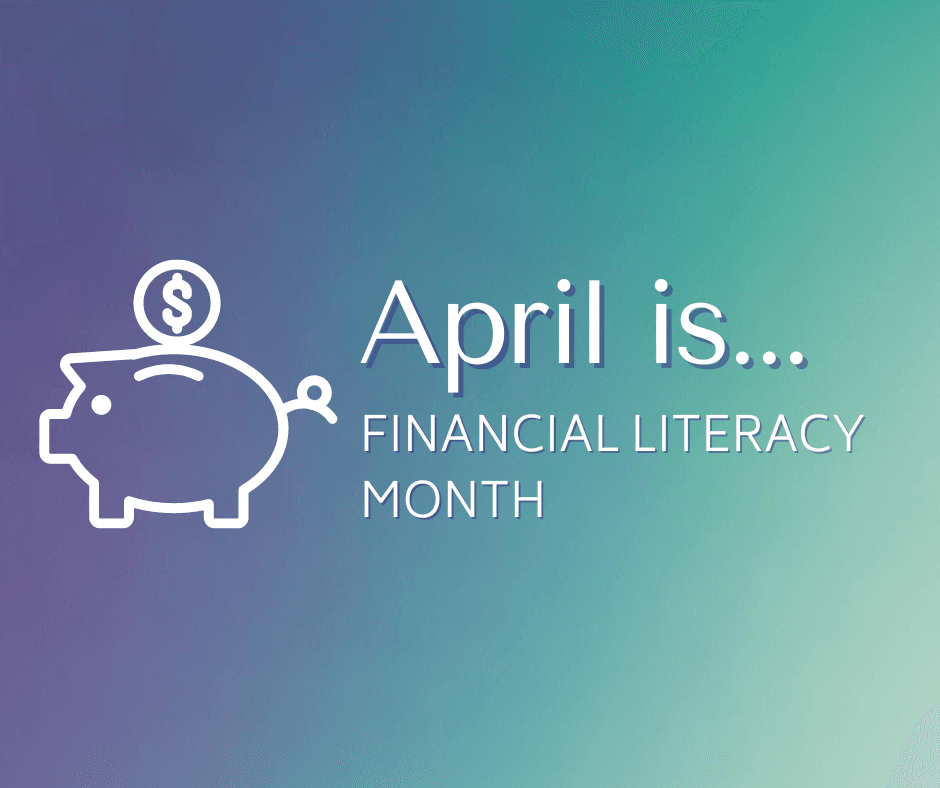
In April, NYSCADV acknowledges Financial Literacy Month, emphasizing the profound link between financial literacy, economic empowerment, and the harsh reality of domestic violence. Nearly every case of domestic abuse involves some form of financial manipulation. Abusers exert control by limiting access to finances, ensnaring victims in a cycle of dependence and fear.
The journey to empower survivors of domestic violence starts with financial literacy. Survivors can reclaim autonomy over their lives by understanding their rights and available resources. However, for many, this path toward economic independence is obstructed by the calculated deprivation of financial means by their abusers.
Recognizing this pressing need, NYSCADV's Economic Empowerment Project, generously supported by the Allstate Foundation, provides vital training and guidance to advocates. Through this initiative, we equip advocates with the skills to navigate the complex dynamics of financial abuse and empower survivors to break free from economic coercion.
Mark your calendars for June 11, 2024, as NYSCADV hosts its inaugural Economic Empowerment Summit. This significant event will explore the transformative potential of Economic Justice as a catalyst for survivors to rebuild their lives with dignity and resilience after experiencing abuse. The summit will equip advocates with essential skills and resources, fostering pathways to economic independence and workforce development and highlighting the critical connection between financial stability and mental well-being. Click here to learn more about NYSCADV’s Economic Empowerment work.
In honor of Financial Literacy Month, NYSCADV has released a podcast episode discussing Financial Literacy and Economic Empowerment in the context of domestic violence. Listen here.
The National Network to End Domestic Violence (NNEDV) has also developed the Moving Ahead Curriculum in collaboration with the Allstate Foundation. This resource equips survivors of domestic violence with the tools to make informed financial decisions and work toward long-term financial security.
April 15 also marks Tax Day, the deadline for filing Federal Tax returns. We encourage advocates to support survivors in filing taxes. The Earned Income Tax Credit (EITC) can significantly improve the quality of life for low—or moderate-income households. CDC evidence-based research demonstrates that families receiving tax refunds experience better emotional and financial health and reduced stress. These sources of cash assistance can support survivors' financial well-being and that of their families.
Here are resources for filing tax returns:
- What is Earned Income Tax Credit?
- How to Get Free Legal Tax Help (Low Income Taxpayer Clinics)
- Tax Tips for Survivors of Domestic Violence
- IRS Website: Free Tax Return Preparation for Qualifying Taxpayers
- IRS Search Engine: Find a Free Tax Preparation Clinic Near You
- Eligibility for EITC (Earned Income Tax Credit) in NYS
Resources for survivors and advocates on Financial Literacy and Housing
- Foundations of Survivor Centered Economic Advocacy
- Access to Economic Justice eCourse (for advocates but may also be useful for survivors in self-advocacy)
- Compendium on Coerced Debt (to address credit barriers to housing)
- Mapping Equity in Domestic Violence Advocacy at the State-Level (for Statewide Coalitions)


